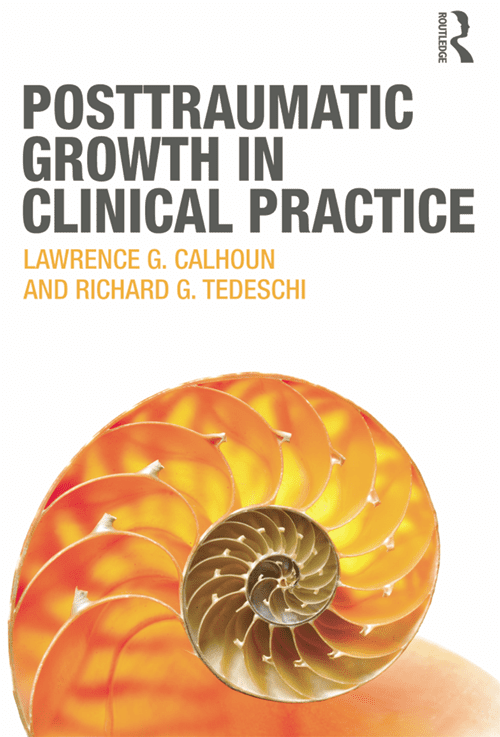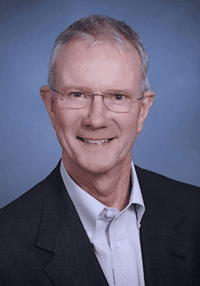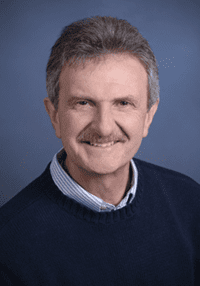Posttraumatic Growth in Clinical Practice

Lawrence G. Calhoun and Richard G. Tedeschi
Calhoun is professor emeritus in UNC Charlotte’s psychology department. Tedeschi is a professor in the psychology department. Both are practicing psychologists.
Coauthors Calhoun and Tedeschi identified the concept they call “posttraumatic growth” to characterize “positive change experienced as a result of the struggle with a major life crisis or a traumatic event.” Here, these pioneers in the development of research and theory on posttraumatic growth offer clinicians and laymen helpful suggestions, based on practical experience, for dealing with trauma survivors.
Clinicians in a wide array of disciplines — including clinical and counseling psychology, counseling, clinical social work, pastoral counseling and others — will find a framework that is easy to use and flexible enough to be tailored to the needs of particular clients and specific therapeutic approaches. Case examples show how using a process developed from an empirically based model of posttraumatic growth can promote important personal changes in the aftermath of traumatic events.

Lawrence G. Calhoun, Ph.D., is professor emeritus of psychology at UNC Charlotte and a licensed psychologist. With Tedeschi, he is one of the pioneers in the development of research and theory on posttraumatic growth. He has taught undergraduate and graduate students and is a recipient of the Bank of America Award for Teaching Excellence and with Tedeschi of the First Citizens Bank Scholars medal.

Richard G. Tedeschi, Ph.D., is professor of psychology at UNC Charlotte where he teaches personality and psychotherapy. He is a licensed psychologist specializing in bereavement and trauma and has led support groups for bereaved parents since 1987. He serves as a consultant to the American Psychological Association on trauma and resilience.